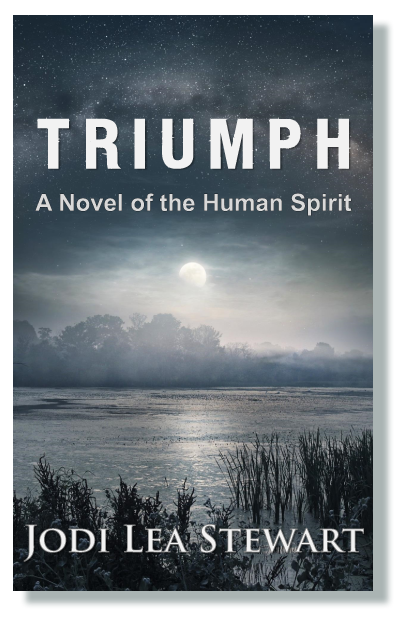The recipe for conducting an excellent personal interview can be compared to making a delicious cake.
Use the proper equipment, mix up a few high-quality ingredients, bake at the right temperature, add the icing, and voila! You have something the interviewee loves and others clamor to read or hear.
The Right Mixer = The Right Research
A high-quality mixer gives an advantage in producing a fancy cake just as research makes the difference in creating a powerful interview. The “mixer” in this case is the interviewer beefing up on the highlights of the life of the person about to be interviewed.
A person will be sitting across the table from you, or speaking to you via telephone or Skype. What has made them who they are right now . . . today? What have they designed, written, studied, invented, or changed? How have they affected others?
There are so many ways to discover factoids. I personally use the Internet, public library, business periodicals, company history pubs, trade rags, etc. If it’s important enough, you might consider conducting mini-interviews with family, friends, or colleagues. Without being a nuisance, you can learn a lot in a short time.
Of course, the amount of time spent on personal research directly correlates to whom you are interviewing, why, and how much time you have in your schedule. The fact remains that most people – celebrity, businessperson, politician, author, or Joe the Plumber – are complimented when an interviewer has taken the time to learn a thing or two about them.
No matter what you find out in this initial process, be open to listening to different versions from the people themselves. Unless you’re writing your interview for the National Enquirer, avoid gossip and hearsay.
High-Quality Ingredients = Respect, Sincerity, and Dynamic *appropriate* Questions
 Respect – Set a time for the interview, and don’t be late. No excuses. If the person must cancel, be gracious in rescheduling another time. Use good manners, and don’t be disrespectful. Ever. You catch more fish with delicious bait than a sledgehammer, right?
Respect – Set a time for the interview, and don’t be late. No excuses. If the person must cancel, be gracious in rescheduling another time. Use good manners, and don’t be disrespectful. Ever. You catch more fish with delicious bait than a sledgehammer, right?
Sincerity – Don’t try to feign sincerity. Do you care about people? You’d better, or your phony earnestness will quickly become a throbbing blister on the heel of your credibility.
Questions – Make your questions insightful and real. Ask things others haven’t thought of asking. Find out why Barbara Walters had the reputation for making interviewees cry during their interviews. (Hint: It wasn’t because she was mean!)
Something to keep in mind: attempting to fake yourself into the interviewees’ world will show up quickly in the question stage. Keep it real.
Don’t be rude, but do be persistent if you feel an appropriate question should be addressed. Save your hardest and/or most controversial question for last. Trust me, it works out better that way.
Be creative! The questions you design for interviews can define you as a Barbara Walters superstar interviewer or as an amateur wannabe. It’s up to you to study the greats and put your own spin and heart into each facet of your interviews.
Bake at the Proper Temperature = Finish with finesse
End on a positive note. Thank your interviewees for taking the time to talk to you. They didn’t have to, but they did. Be grateful.
If the interview is to be published, get busy and finish it while everything is fresh in your mind.
Icing on the Cake = Your Reputation
- Don’t rat out your interviewees by blabbing things they told you in confidence.
- If you promise a printed copy or a copy of a verbal script to your interviewees, be true to your word.
- If you told them you would call them when the interview airs or comes out in print, do it!
 You’ll be surprised how quickly your reputation as an interviewer will spread. Your integrity is on the line every time. If people trust you, they will tell others. Soon, you will be in demand, and that’s when the icing on the cake becomes your path to being an acclaimed interviewer.
You’ll be surprised how quickly your reputation as an interviewer will spread. Your integrity is on the line every time. If people trust you, they will tell others. Soon, you will be in demand, and that’s when the icing on the cake becomes your path to being an acclaimed interviewer.
Good luck!
















